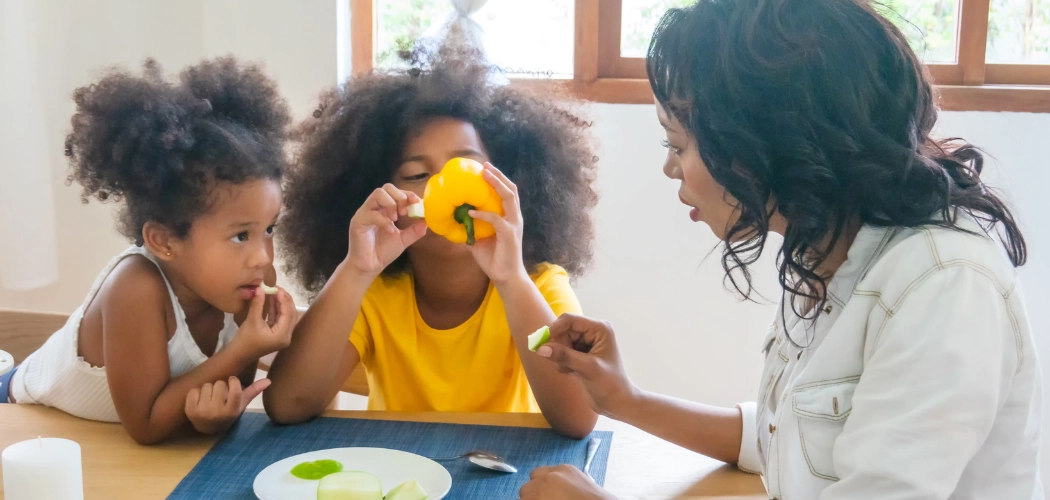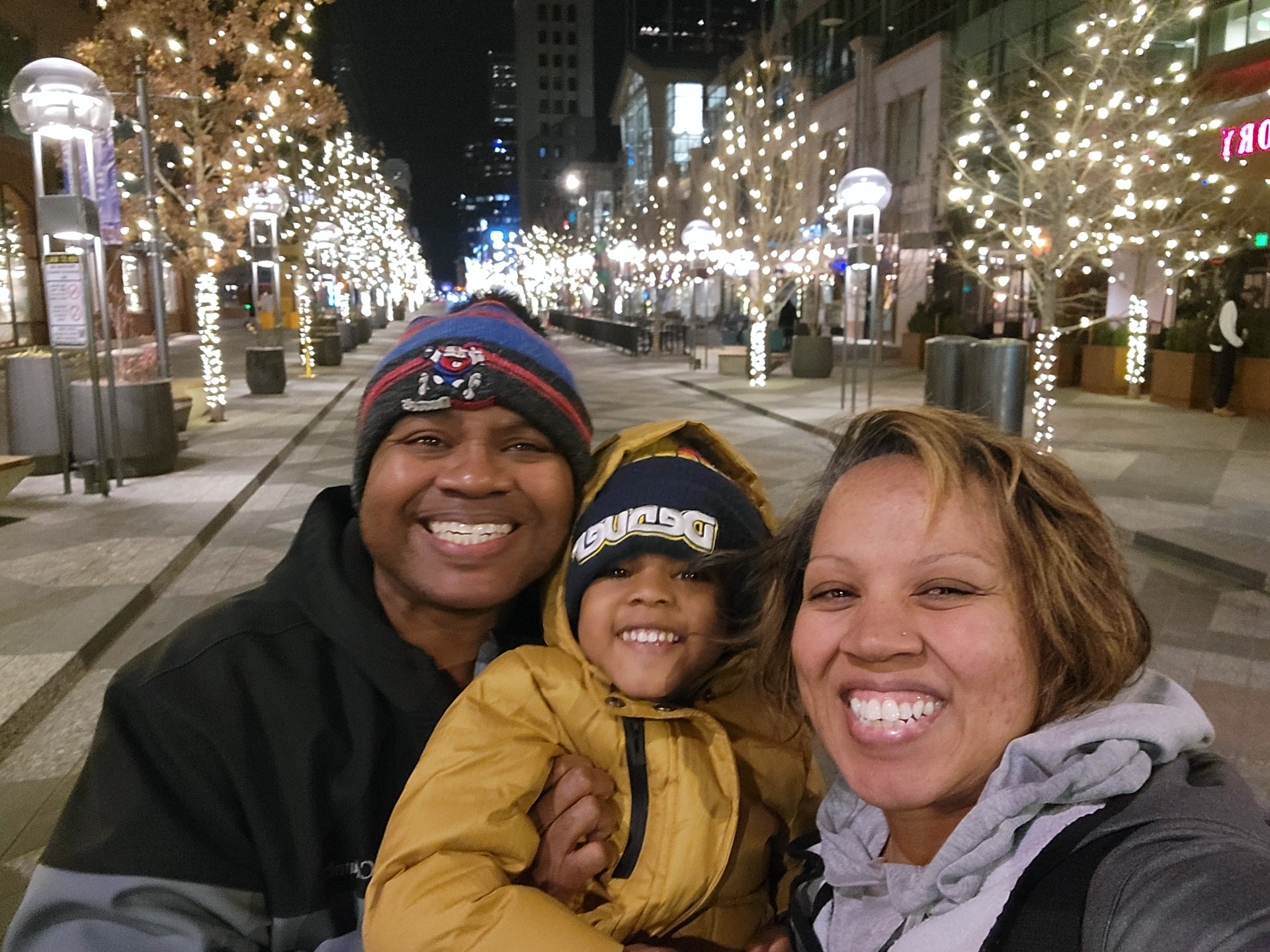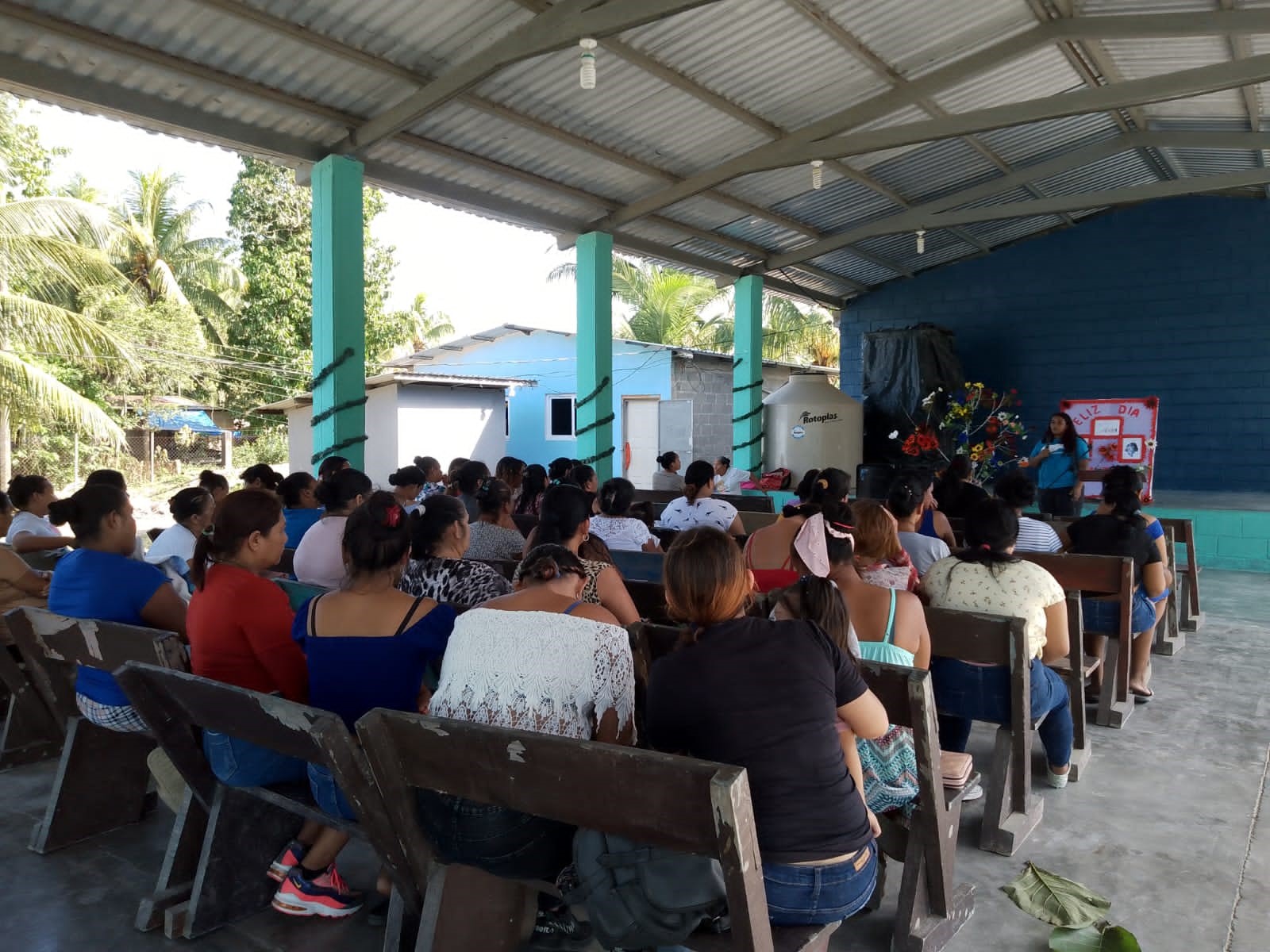My heart began pounding faster as I listened to my friend’s voice coming through my cell phone. Part of me didn’t want to believe it was true, not my child, but part of me knew it was. I trusted the woman on the other end of the line to be a reasonable parent, neither accusatory nor drama-leaning, so I had no reason to question her. I simply couldn’t believe she was describing my daughter!
Here’s the painful reality about mean girls: they all have mothers. So someone has to be the mean girl’s mom.
When I hear the term “mean girl,” I conjure up memories of the movie Heathers or think of anti-bullying campaigns of recent years. When really every girl has her moments of being unkind and even downright malicious. I know my daughter wants to do the right thing. I also know how easy it is to get swept up in group think or behavior (no matter the age, right?). So what’s a mom to do when her daughter is the mean girl? Regardless of your girl’s age, here are a few tips to help navigate the mean girl waters.
See this as opportunity.
I’ll confess “teachable moment” wasn’t my first thought when I hung up the phone. I was angry and embarrassed. But as I talked to more experienced parents and my daughter’s teacher, I realized how normal my daughter’s behavior was. As her teacher said, “We’re all learning here.” How was my girl going to know any different unless we walked through this together? I have to remember she is a child, and it is my job to guide her.
Don’t freak out.
Since the behavior wasn’t happening in the moment (no one was at immediate risk of getting hurt), I decided to take a few minutes to calm down and think through my approach. I landed on asking my daughter questions, listening and trying to not shut down the conversation from the start by shaming or accusing. In other words, I did my best to be the grown-up in the situation.
Set a zero tolerance policy.
Once I heard her side of the story I explained our family’s rules around mean behavior. I let her know her dad and I were going to help her work through this particular situation, and we expected her behavior to be different the next time around. There would be consequences if behavior didn’t change. Kindness is a baseline expectation for our family.
Have her make amends.
Questions I considered: What resulted from her behavior that needs to be made right? Were there hurt feelings involved? Something more? Does she need to apologize? Does she need to replace a material item? Set her up for success as she approaches her friend or sibling and teach her that making amends is part of the process of moving forward. Coaching our girls through friendship conflict could be one of the greatest life skills we give them.
Give her a second chance.
Nothing says “I believe in you” than giving someone a chance to try again. It’s important for all of us to know our choice last time doesn’t have to determine our choice next time. Put your daughter in a position to practice the values and behaviors you’ve talked about by setting up another playdate or calling her out of her timeout to try again. Your confidence in her to make the right decision will give her a strong boost in the right direction.
I hold on to what my daughter’s teacher said, “We’re all learning here.”

Alexandra Kuykendall
As a mom to four girls, ages 3 to 12, Alexandra Kuykendall’s days are spent washing dishes, driving to and from different schools and trying to find a better solution to the laundry dilemma. She writes to capture the places where motherhood meets everyday life to remember the small, yet significant moments in the midst of the blur. She is the author of The Artist’s Daughter, A Memoir , a contributor to this year’s Be you, Bravely, An Experiment in Courage and acts as the Specialty Content Editor for MOPS International. A city girl at heart, she makes her home in the shadow of downtown Denver. You can read more of Alex’s everyday thoughts and connect with her at AlexandraKuykendall.com.





